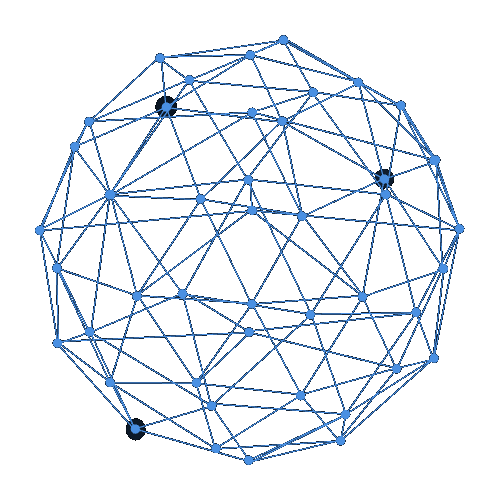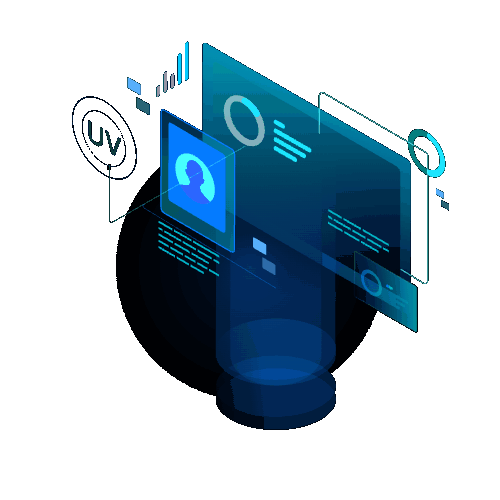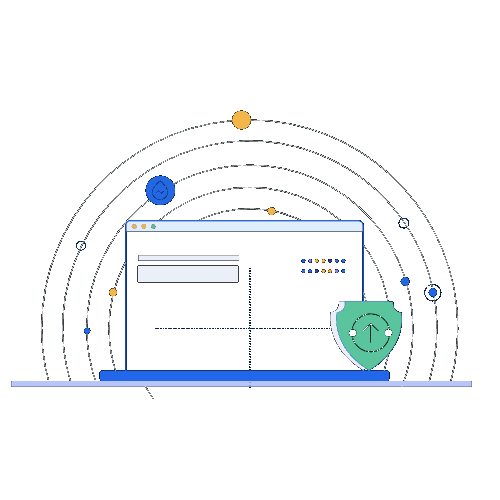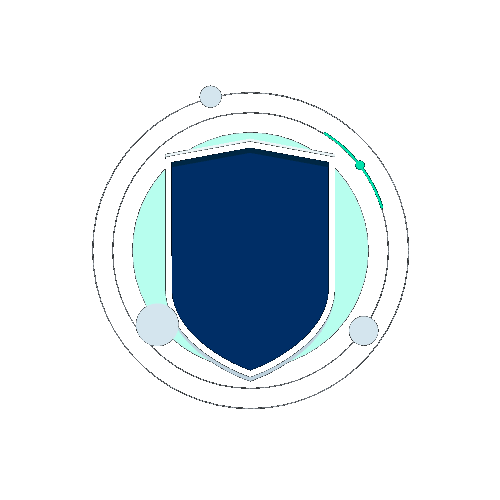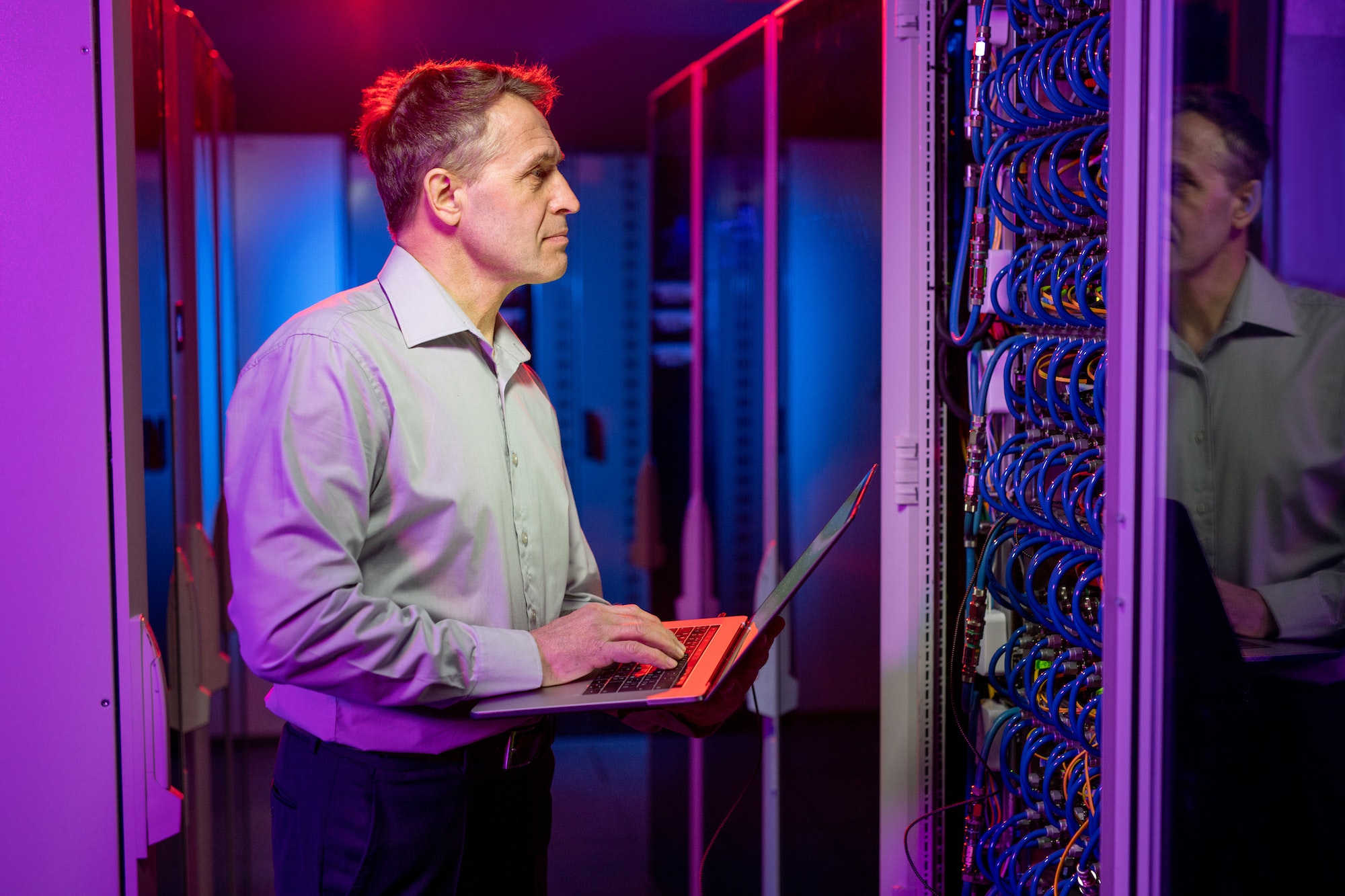
Computer Security Services In Houston, TX You Can Depend On!
Future Valued Customer,
Computer systems are pervasive in our society. From laptops to smartphones to online banking portals and enterprise IT infrastructures, computers control everything from public infrastructure such as traffic lights to personal communications.
Computer systems have become extraordinarily complex and functional. Yet, unfortunately, they have a long history of vulnerabilities created by design defects, implementation errors, and an inordinate number of legacy platforms, protocols, and applications that are difficult or impossible to properly secure. As a result, computer systems and poor online security often fall easy victim to intrusions that result in theft of private information or disruption of critical services.
Frequently Asked Questions:
What are the 3 types of computer security?
There are many different types of computer security, each with its advantages and disadvantages. Here are some of the most common: Anti-Virus Anti-virus software is designed to protect your computer from malicious software, or “malware.” This type of security software can be effective at preventing infections from viruses, worms, and other malware. However, it can also slow down your computer and cause false positive alerts, which can be annoying. Be warned that no anti-virus software is 100% effective, so it’s important to keep your operating system and other software up to date and to practice safe computing habits (such as not opening email attachments from unknown senders). Additionally, you should only source your anti-virus software from a trusted source, as some malicious software masquerades as legitimate anti-virus programs. Firewall Firewall software helps to protect your computer from unauthorized access over the Internet. A firewall can be software that you install on your computer, or it can be a hardware device that sits between your computer and your Internet connection. Firewalls work by restricting the types of traffic that are allowed to reach your computer. For example, you can configure a firewall to only allow traffic from known and trusted websites or to block all incoming traffic except for specific types (such as email or web browsing). Firewalls are effective at preventing unauthorized access to your computer, but they can also block legitimate traffic. Some types of malware can disable or bypass firewalls. Encryption Encryption is a type of security that uses mathematical algorithms to encode data in a way that makes it difficult or impossible to decode without the proper key. This type of security is often used to protect sensitive data, such as credit card numbers or confidential business information. Encryption can be effective at protecting data but difficult to set up and use. The data can be very difficult (or even impossible) to recover if the key is lost or stolen. Physical Security Physical security involves protecting physical devices and data from unauthorized access or damage. This can include things like locks and security cameras, as well as environmental controls (such as temperature and humidity) to protect data from damage. Physical security can be effective at preventing unauthorized access to data and devices, but it can be expensive to implement and maintain. Additionally, physical security measures can be circumvented if an attacker has enough time and resources. Artificial Intelligence Artificial intelligence (AI) is a type of security that uses computers to mimic human behavior. This type of security can be used for things like identifying patterns in data or recognizing faces. AI-based security can detect and respond to threats, but it can also be expensive to implement and maintain. Additionally, AI systems can be fooled by attackers who know how to exploit their weaknesses. AI has proved to be most useful when used in conjunction with other types of security, such as physical security or encryption. Information Security Information security focuses on protecting information from unauthorized access or destruction. This can include things like access control (such as passwords or biometrics), data encryption, and physical security. Information security is important because it helps to protect information from being accessed or modified by unauthorized people. It is also important because it helps to ensure the confidentiality of information, the integrity of information, and the availability of information.
What are the basic security in a computer?
The following are some basic concepts that are important to understand in the field of computer security:
-Asset: An asset is anything that has value to an individual, organization, or nation. This can include physical objects such as computers and servers and intangible assets such as information and data.
-Threat: A threat is anything that could potentially damage an asset. Threats can be internal or external and can be either intentional (such as a cyber attack) or accidental (such as a power outage).
-Vulnerability: A vulnerability is a weakness in an asset that a threat can exploit. For example, a computer system with poor security controls may be vulnerable to attack by malware.
-Risk: Risk is the potential for loss or damage to an asset and is a function of the likelihood of a threat occurring and the impact of that threat. For example, the risk of a data breach may be high if an organization does not have adequate security controls in place.
-Control: A control is a measure put in place to reduce the likelihood or impact of a threat. For example, installing anti-virus software on a computer system is a control that can help to protect against malware.
The goal of computer security is to protect assets from threats. This is typically done by identifying, assessing, and managing risks through the use of controls.
Computer security is a complex field, and there are a variety of tools and techniques that can be used to achieve this goal. However, some basic principles are essential for all security efforts:
* Confidentiality: Ensuring that information is only accessible to those authorized to see it.
* Integrity: This refers to the need to ensure that data is not modified in an unauthorized manner.
* Availability: Involves the need to ensure that systems are available when needed.
What are the 4 elements of computer security?
Computer security involves protecting your computer from unauthorized access or damaging to electronic data, software, or hardware, and the unauthorized use of your computer. It includes the physical security of your computer, as well as the protection of your data and information from unauthorized access including protection of networks and data from interference and malicious code.
The field of computer security has grown in response to the increased reliance on computer systems in all aspects of society and the consequent need to protect individual, organizational, and national information assets from various threats. It covers a wide range of topics, from the design of secure hardware and software to the development of effective response plans in the event of a security breach.
Computer security is a branch of engineering with strong ties to mathematics, computer science, and economics. It is considered both a science and an engineering discipline because it requires knowledge of the underlying theory and practical experience to be effective.
As the field of computer security has evolved, so too has the scope of what is considered to be within its purview. In the early days of computing, security was primarily concerned with physical access to computer systems and protecting against data breaches. However, as the use of computers has become more ubiquitous and computer networks have become more interconnected, the focus of security has shifted to include protection against a broader range of threats, including:
* Malicious software (malware)
* Denial-of-service attacks
* Data breaches
* Identity theft
* Cyber terrorism
With the growing importance of computer systems in all aspects of society, it is now essential for individuals, organizations, and nations to have a robust cybersecurity posture to protect their assets from attack.

As more and more of our lives move online, it’s important to be aware of the risks that come with it. By taking some simple precautions, you can help keep your computer and your personal information safe from criminals. TX Security Solutions can help you take the guesswork out of security and give you the peace of mind that comes with knowing your data is safe. Visit us online or give us a call today to learn more about our security solutions.
See more: Online Security

